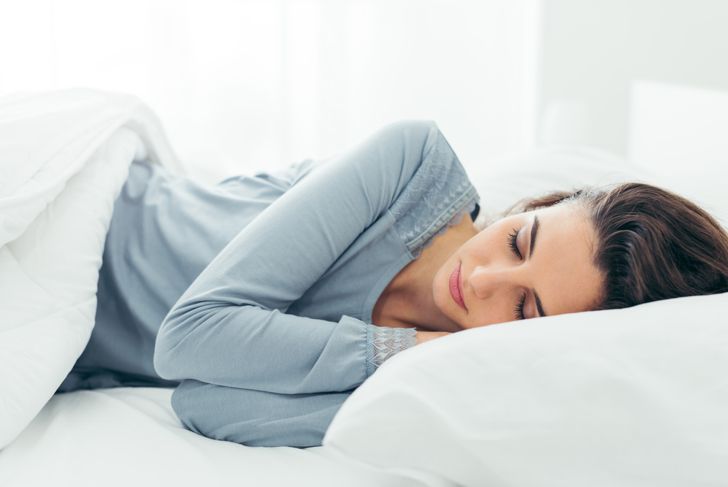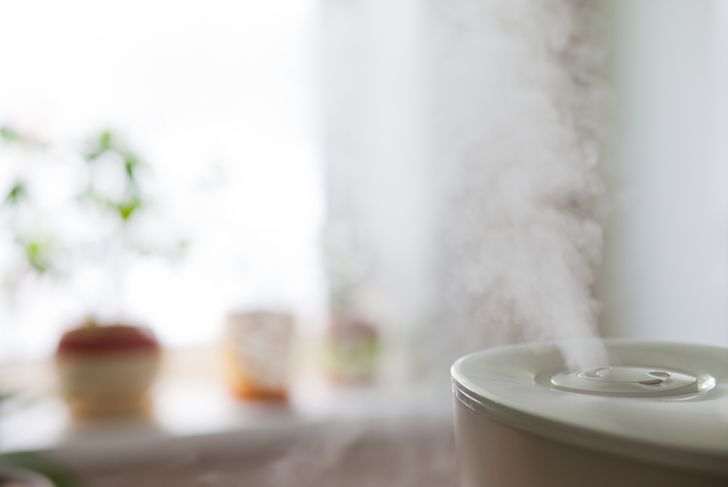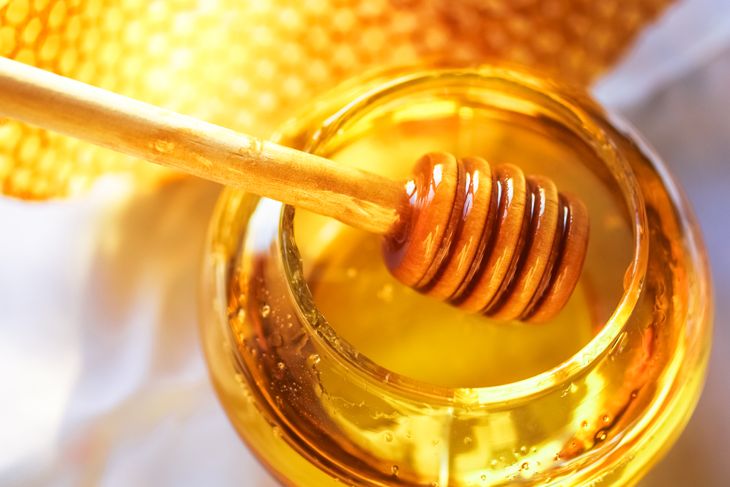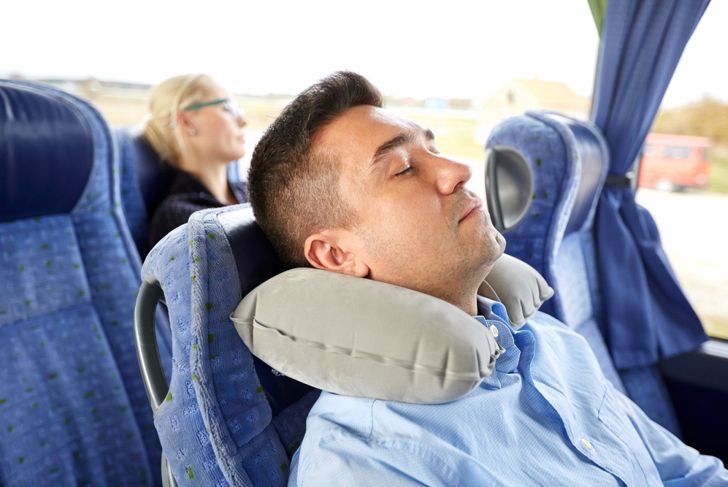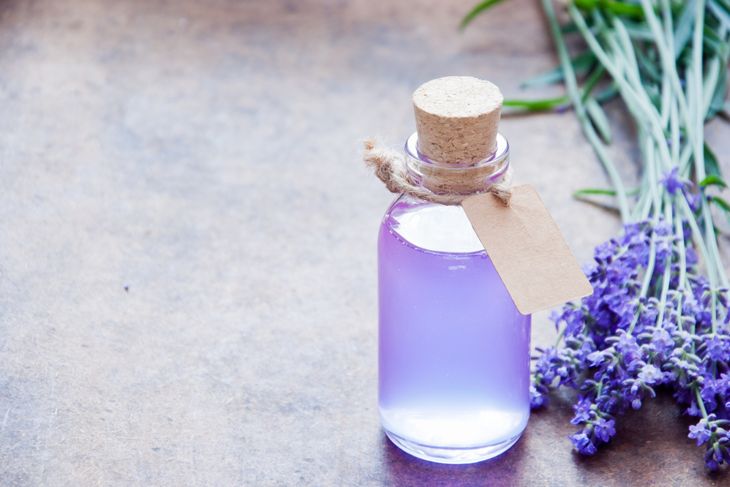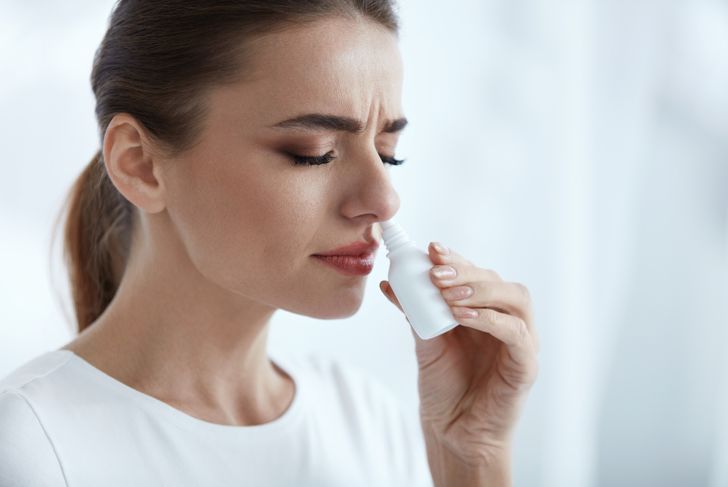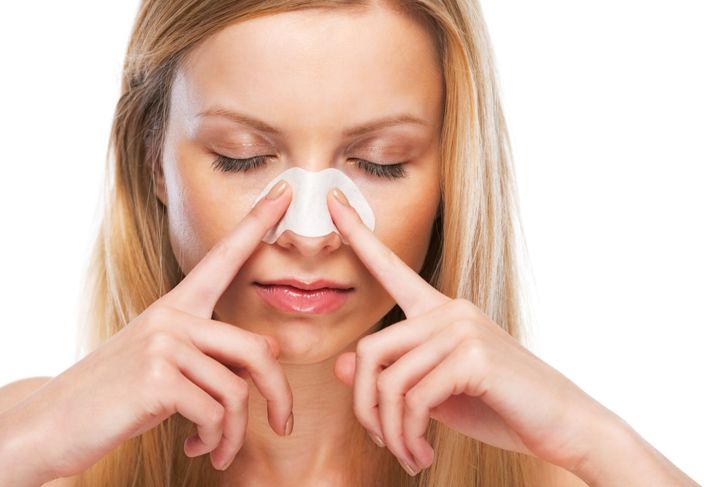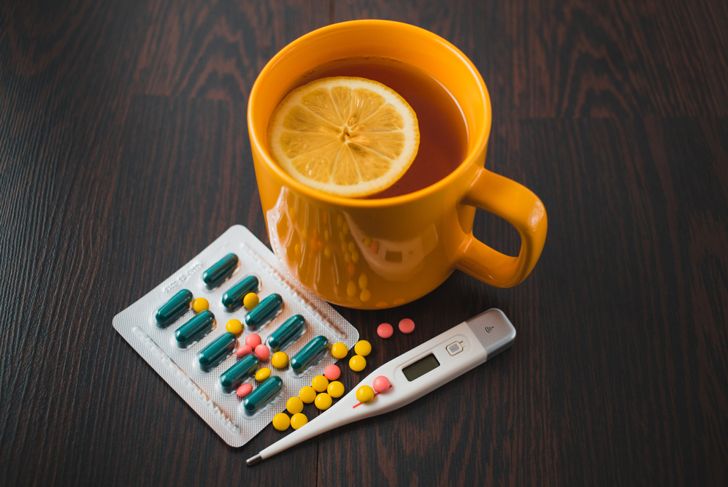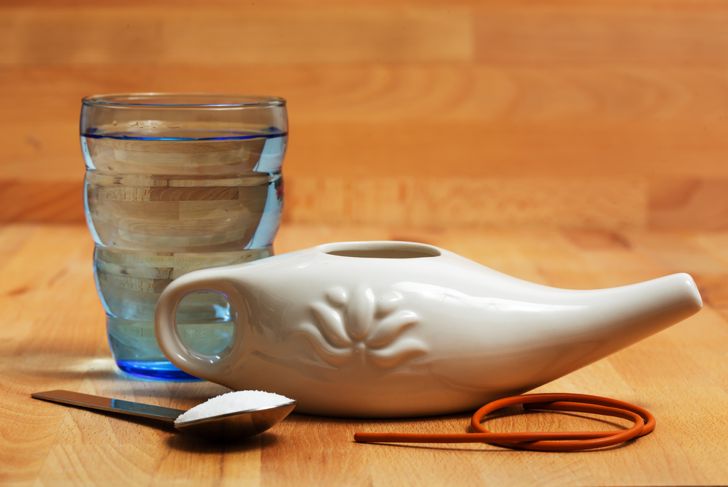Sleep apnea is a very common condition that affects millions of people. It occurs when the airway becomes obstructed during sleep, prohibiting you from breathing. When this happens, your body will typically force you to wake up to begin the breathing process, interrupting the sleep cycle. Even if you don’t recall waking up, this may repeatedly happen throughout the night, causing fatigue during the day. The most common symptom is snoring or gasping for air during sleep. Physicians can prescribe proper treatment, including the use of a CPAP machine, but there are also many home remedies for sleep apnea.
Sleep Differently
One of the easiest changes to make is to change your sleep position simply. Sleep apnea is the most common in people who sleep while lying flat on their backs because gravity can cause the tongue and surrounding tissue to fall back into the throat and disrupt normal breathing. Sleeping on one side, or even on your stomach, can eliminate this from happening. Many experts suggest stitching an uncomfortable but harmless object, such as a small ball or stuffed toy, into the back of your pajamas to encourage side sleeping until it becomes a habit. Shifting positions may be enough to cure your sleep apnea permanently.
Lose Weight
People who are obese are much more likely to have sleep apnea than individuals who maintain a healthy weight. Because sleep apnea is a serious condition, you should do everything possible to treat it. That includes losing weight. Having a balanced diet is crucial to losing weight, so make sure to plan meals that include healthy vegetables, fruits, grains, and proteins. Reduce excess sugar and fat consumption, and eat smaller portion sizes. Also, try to get 30 minutes of moderate exercise every day. If you are not able to do this, start with smaller amounts of exercise and work up to this level over time.
Humidifiers
One common cause of sleep apnea is a congested nasal passage. Humidifiers can help with this, and if nasal stuffiness causes your sleep apnea, you should consider purchasing one. At night, we primarily use our noses for breathing. Snoring and sleep apnea occur when the nose is too congested to properly function, and breathing must be done through the mouth. Humidifiers add moisture to the room, which can loosen dried mucus that is blocking nasal passages. Blowing your nose can then help to clear these passages completely, allowing you to breathe normally again.
Honey
Honey is very beneficial for people who suffer from sleep apnea. First, it is an anti-inflammatory agent so that it can decrease swelling in the nasal passages and the throat. It also is a natural moisturizer, so it can help to lubricate a dry throat and allow for easier breathing. Before bed, swallow a tablespoon of honey. You can do this before brushing your teeth, but make sure it is close enough to bedtime that you will be lying down soon. The honey should reduce inflammation and congestion, allowing you to breathe without difficulty. Doing this every night can help to fight sleep apnea long-term.
Cervical Pillows
Many companies make cervical pillows, which are designed to raise your head above the shoulders. This allows drainage to run down, rather than blocking your throat and nasal passages, which decreases sleep apnea symptoms. You can also try raising your bed, either by using more pillows or by placing bricks under the headboard to raise it up a few inches. Sleeping in a recliner is not a good long-term solution due to the back issues it can cause, but it may be beneficial for short flares of sleep apnea, such as during allergy season or when you have a cold.
Lavender
Lavender is a very calming scent, so many experts recommend using it to aid sleep. One common issue that complicates sleep apnea is the use of sleep aids. If you feel fatigued, you may turn to sleep aids in the hopes of getting a good night of sleep. However, these can worsen the condition and can even be fatal, if your body is unable to wake up to start the breathing process again. Lavender, on the other hand, will help you to relax enough to sleep naturally, without chemically altering your body. This makes it a good alternative to sleep aids in the treatment of sleep apnea.
Nasal Spray
Most grocery stores and pharmacies sell a variety of nasal sprays, which can be used to treat sleep apnea at home effectively. These nasal sprays are designed to work as decongestants, moistening the nasal passages to relieve blockages. Although a common treatment for colds and allergies, you can also use decongestants to treat short-term sleep apnea. However, nasal sprays are highly addictive and should only be used as directed. Overuse can cause nasal passages to become dependent on them, resulting in a more permanent problem. If you notice adverse reactions, you should contact your physician immediately.
Snore Guards or Strips
Many companies make snore guards, which are designed to help the mouth stay in form overnight. These devices are typically less expensive than their custom-made counterparts, which you would need to get from a physician. Drugstore snore guards have been proven to be effective in reducing sleep apnea symptoms. Nasal strips are another common remedy that you can purchase over the counter. These breathing strips are designed to open the nose, reducing congestion. However, they would not be beneficial for all types of sleep apnea, so it may be best to consult a physician about your condition before using them.
Treat Colds and Allergies
One of the most important things that can be done to treat sleep apnea is to treat any conditions that may exacerbate it. This includes colds, allergies, and other congestion-causing viruses. Take antihistamines and cold medications as directed, to reduce the length of symptoms. Use tissues frequently, and keep a box near the bed to encourage use. These temporary conditions can make symptoms worse since they result in stuffy nasal passages and swollen throats. Getting rid of them quickly is very beneficial, and will make it easier to treat your sleep apnea properly.
Nasal Irrigation
If you have a congested nose, you may benefit from the use of nasal irrigation. Many companies sell devices that are designed to help with this. These devices allow you to irrigate the nasal passages using a saline solution, which moistens the passages and flushes out the mucus that may be prohibiting you from breathing properly. These devices are available both online and at drugstores and are relatively inexpensive compared to most prescribed sleep apnea treatments. If you use nasal irrigation, be certain to follow the package directions correctly. Improper use can cause the nasal passages to become dry and irritated.

 Home
Home Health
Health Diet & Nutrition
Diet & Nutrition Living Well
Living Well More
More